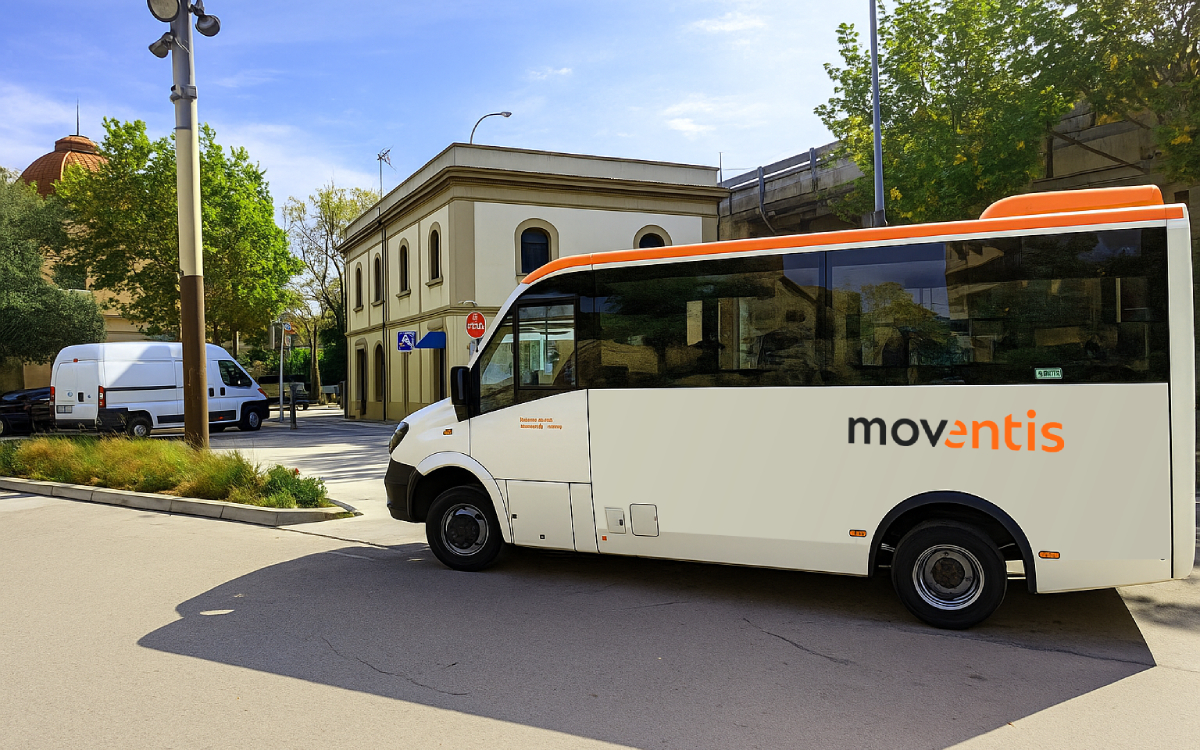


Shotl and the Sharing Economy

When operating in the mobility sector how can a business model based on technology differentiate itself and be profitable in the long run? Shotl recently addressed this question in a knowledge-sharing workshop with students from the “Master in Global Entrepreneurial Management” programme at the IQS School of Management in Barcelona.
The workshop took place on October 3rd and started with a debate based on MIT Professor Michael A. Cusumano’s piece “The Sharing Economy Meets Reality”. Afterward, students engaged in a role-play where they posed as advisors for a major transportation network company and discussed strategies on how to grow and be profitable in European, American and Asian markets. Topics included handling competition, respecting regulations, and retaining customers by recognizing the impact they have on the company’s business model.
Shotl then met with the students to explore their findings in further detail. At this stage, students were able to compare their proposed strategies with Shotl’s own tried and tested strategies so that they could see how we approach the transportation industry and face real-life challenges. The findings coming out of the workshop are very useful as they give us direct unfiltered feedback on both Shotl’s current and potential future impact. Here are the main conclusions:
- Compliance: Shotl provides technology and knowledge for on-demand transport. All of our customers are current transport operators thus they are fully compliant with; market, labor, and environmental regulations.
- Competition: The entrance of new competitors within the marketplace is beneficial for Shotl, as it increases general overall awareness of and confidence in on-demand transport. There is indeed great potential within this market.
- Solution: Shotl’s target market lies within the long-tail of transport; those services and lines that are currently struggling to function cost-effectively. Instead of competing with other transport modes in the city center, Shotl gives city planners a tool which allows them to provide transport in less dense areas, such as suburbs and business parks. It can also allow for the distribution of para-transit and/or night services, to name just a few examples.
We thank all participants for their input and look forward to future workshops, at IQS School of Management and elsewhere!
Popular posts
27.01.20
Visit us at MOVE 2020
The Shotl team will be attending Move 2020 and with our own stand in the start-up village, we are looking forward to meeting with the most innovative and inspiring people
Sílvia Coronado
27.10.25
Smart Bus Line Takes Shape in Sant Vicenç de Montalt and Caldes d’Estrac
Hybrid Smart Bus Line in Sant Vicenç de Montalt and Caldes d’Estrac combines fixed routes and on-demand stops powered by Shotl and Moventis, optimizing coverage, reducing emissions, and improving flexible, sustainable mobility.
Osvald Martret
25.08.25
Shotl in Action: Demonstration of Vacation Transport On-Demand
During the summer months, many tourist destinations face a common challenge: how to move large volumes of visitors efficiently, without overwhelming local traffic or overloading public services. This is where Shotl, the on-demand transport platform, st


